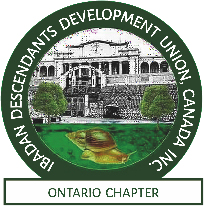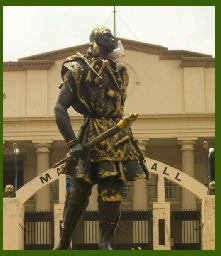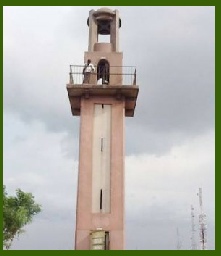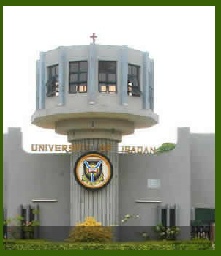 Donate to IDDU
Pay Subscription
Donate to IDDU
Pay Subscription


















History
Ibadan, surrounded by seven hills, is the second largest city in Nigeria. It came into existence when bands of Yoruba renegades following the collapse of the Yoruba Oyo Empire, began settling in the area towards the end of the 18th century; attracted by its strategic location between the forests and the plains. Its pre-
The area became a British Protectorate in 1893 after a treaty signed by Fijabi, the Baale of Ibadan with the British acting Governor of Lagos, George C. Denton, on 15 August. By then the population had swelled to 120,000. The British developed their new colony to facilitate their commercial activities in the area, and Ibadan shortly grew into the major trading center that it is today. The colonizers also developed the academic infrastructure of the city. The first university to be set up in Nigeria was the University of Ibadan (established as a college of the University of London when it was founded in 1948, and later converted into an autonomous university in 1962). It has the distinction of being one of the premier educational institutions in West Africa, and there is a museum in the building of its Institute of African Studies, which exhibits several remarkable pre-
The city has several well stocked libraries, a zoological garden and several botanical gardens. Nestled inside (IITA) is the best golf course in Nigeria, and the grounds of the Ibadan Polo Club is not too far away. Ibadan is home to the first television station in Africa. There are a few hotels with hotspot (Wi-
The most probable date of the founding of Ibadan is 1829, when the abandoned settlement of Ibadan was re-
From then onward, Ibadan grew in importance and served as the administrative centre for the whole of Southern Nigeria from 1946 to 1951 and as the capital of the Western Region from 1951 to 1967. After this period, the city’s region started to shrink, to cover just the Western Region (1963 – 1967); Western State and old Oyo State (1976 – 1991), before the creation of Osun State, (1976 – 1991). It has been the capital of present Oyo State since 1991.
The political status of the city has influenced other aspect of its development one of which is the reminiscence of colonial administration. The Government Secretariat at Agodi and the Government Reservation Areas (GRAs)A at Agodi, Jericho and Onikere are relics of that era. The grid pattern of the residential layout of Oke – Bola and Oke – Ado is also associated with its activities.

|
Ibadan Food Amala, Ewedu (jute leave) Gbegiri (bean soup) Eko and Moinmoin Igbin (Snail) |
|
|
|
|
|
Ibadan Dressing |
|
|
Men Fila Cap (Abeti aja Gobi) Buba and sokoto Agbada |
Women Iro and buba Gele Iborun |